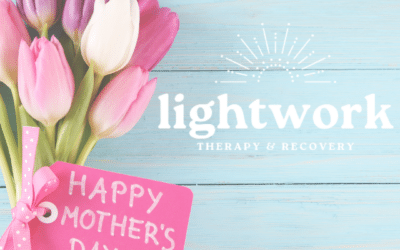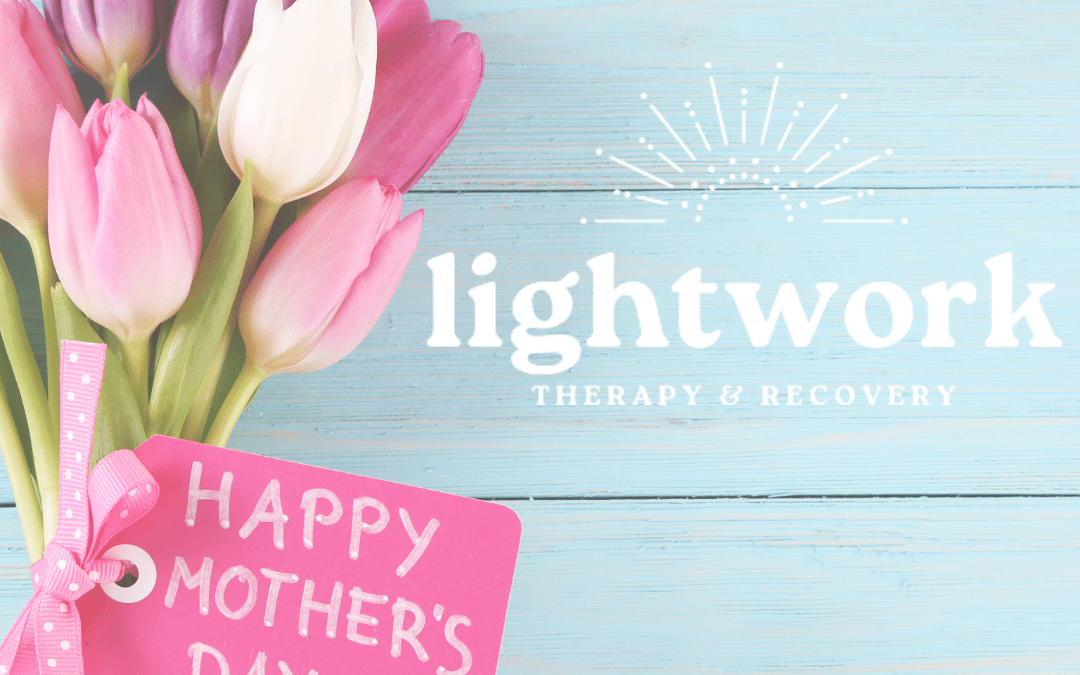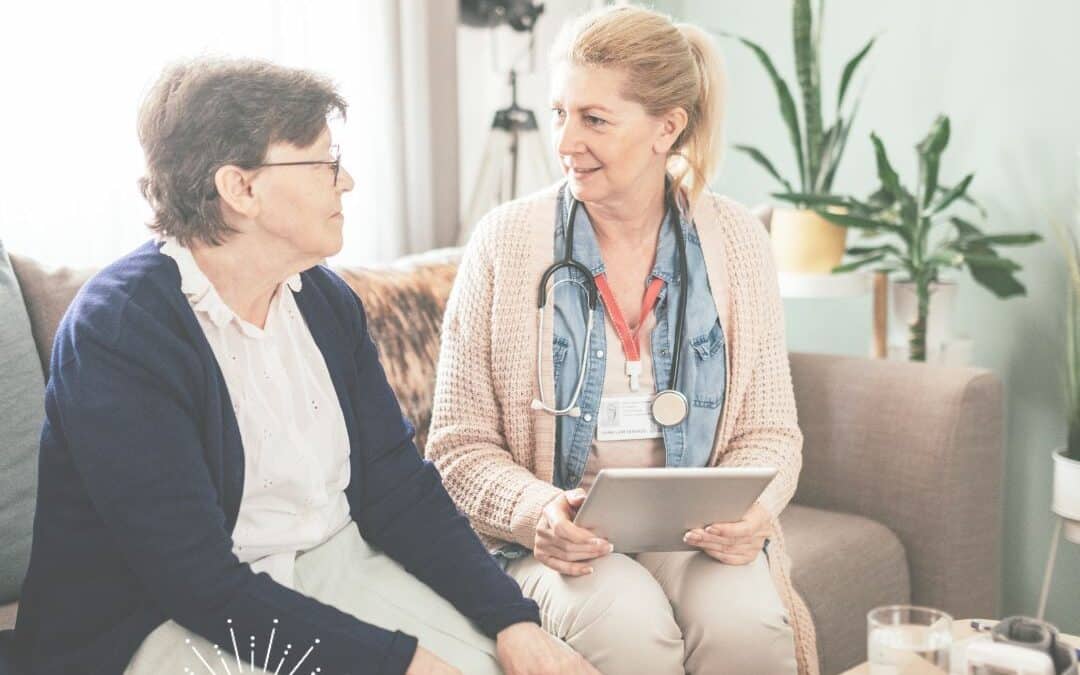What You Need to Know about Social Media
Social media permeates our daily lives. From Instagram feeds to Facebook posts to the latest TikTok trends, we constantly share, compare, and consume content. But this virtual world has a very real impact on our minds. Understanding the psychological impact of social media is crucial for navigating the digital landscape and protecting our mental health.
The Upsides of Social Media
Let’s begin by acknowledging that social media isn’t inherently bad. Here are some potential benefits:
- Connection and Community: Social media fosters a sense of connection, helping us stay in touch with friends and family. It provides a platform to discover communities based on shared interests, hobbies, or beliefs.
- Self-expression: Social platforms offer outlets for creative expression, allowing people to share their stories, photos, and artwork.
- Access to Information and Support: Social media can expose us to new ideas, perspectives, and important news. It can also serve as a source of support for individuals seeking help or battling similar issues.
The Potential Downsides of Social Media
Despite its advantages, social media poses significant risks to our mental well-being:
- Unrealistic Comparisons: Perfectly curated images and success stories we see online can lead to feelings of inadequacy and social comparison. This fuels dissatisfaction with our own lives and appearance.
- Fear of Missing Out (FOMO): The constant stream of updates about social events and exciting experiences can trigger FOMO, contributing to anxiety and the feeling that we’re constantly missing out.
- Cyberbullying: Social media has become a breeding ground for online harassment and bullying, which can have devastating consequences, particularly for younger users.
- Addiction and Sleep Disruption: The dopamine rush associated with likes, comments, and notifications can be addictive. Excessive use disrupts sleep patterns and interferes with our ability to focus.
- Mental Health Decline: Studies have linked heavy social media use to increased risk of depression, anxiety, loneliness, and even suicidal thoughts. You can learn more at https://www.helpguide.org/articles/mental-health/social-media-and-mental-health.htm.
Strategies for Healthier Social Media Habits
It’s important to find a balance for responsible social media consumption. Here are some tips:
- Limit Usage: Set clear boundaries for social media use. Take regular breaks, disable notifications, or use apps to track your screen time.
- Mindful Scrolling: Be conscious of how social media makes you feel. If it induces negative emotions, take a step back.
- Unfollow and Filter: Don’t hesitate to unfollow accounts that stir negative feelings, and customize your feeds to prioritize positive content.
- Digital Detoxes: Consider regular digital detoxes where you completely disconnect for a period of time, whether it’s a few hours or an entire day.
- Focus on Real Connections: While online interactions have value, invest more time in face-to-face relationships and real-world experiences.
- Seek Help: If you’re struggling with social media addiction or mental health issues exacerbated by online use, don’t hesitate to seek professional support.
The Way Forward: Mindful Social Media Consumption
The psychological impact of social media is a nuanced issue. It’s key to appreciate both the benefits and drawbacks and cultivate a healthy, mindful relationship with these platforms. By setting limits, practicing self-awareness, and prioritizing offline connections, we can reap the rewards of social media without sacrificing our well-being.
Additional Considerations
Beyond the tips outlined above, it’s worth considering a few more factors that influence the psychological impact of social media:
- Personal Vulnerabilities: Pre-existing mental health conditions, low self-esteem, or perfectionism tendencies can make someone more susceptible to social media’s negative effects.
- Age and Development: Children and adolescents are particularly vulnerable given their developing brains and sense of identity. It’s crucial to guide and monitor their online activity. Further information on this can be found at the Child Mind Institute: https://childmind.org/.
- Purposeful vs. Passive Use: Actively engaging with others, sharing knowledge, or using social media for creative projects can be more beneficial than passive scrolling and consuming endless content.
It’s Not All Bad
Importantly, it’s worth reiterating that social media isn’t inherently evil. When used responsibly and mindfully, it can offer positive benefits. The key lies in striking a balance between the virtual and the real world.
Taking Action
If you find yourself negatively affected by social media, don’t hesitate to take action. Experiment with limiting your usage, curate your feeds to promote positivity, and spend more time on offline activities that bring you joy and fulfillment. If you or someone you know is struggling with more severe mental health issues related to social media, remember that professional help is available.
The psychological impact of social media is a complex and evolving topic. By understanding the risks, practicing healthy online habits, and prioritizing real-life connections, we can harness the power of social media while safeguarding our mental well-being.
References:
- McLean Hospital: Here’s How Social Media Affects Your Mental Health
- BMC Psychology: Pros & Cons: Impacts of social media on mental health
- Lightwork Therapy and Recovery has resources for those wanting personalized attention on areas like mental health and wellness. You may also find the following articles on the Lightwork blog helpful.





